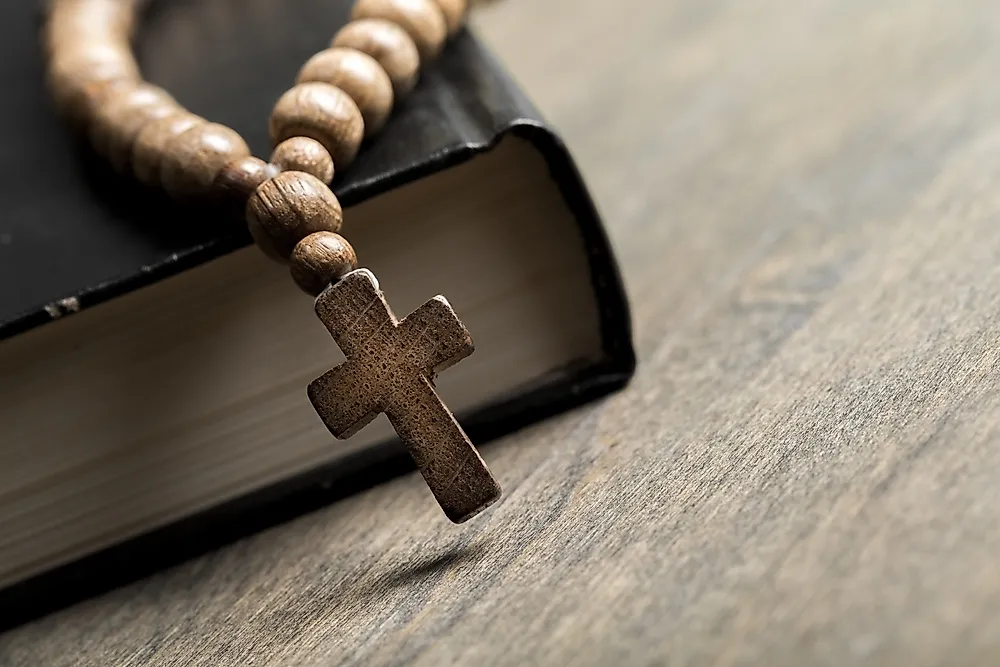In the vast tapestry of global Christianity, the thread of Protestantism weaves an intricate and colorful pattern, vibrant yet often overlooked. The notion of counting adherents, like measuring the breeze, presents challenges as fluidity defines both believer and belief. Yet, in embarking on a quest to understand how many Protestant Christians inhabit our world, one uncovers a fascinating story rich with historical significance, cultural implications, and spiritual depth.
Protestantism, emerging from the Reformation in the 16th century, catalyzed a seismic shift in the Christian faith. Here lies a faith reborn, instigated by figures such as Martin Luther and John Calvin, who challenged the status quo of Catholic doctrine and practices. This movement birthed an array of denominations, creating a rich diversity characterized by varying theological interpretations and worship styles. Today, it is estimated that approximately 800 million individuals worldwide identify as Protestant Christians. This figure encapsulates a vibrant array of traditions including Baptists, Methodists, Lutherans, Presbyterians, and Pentecostals, to name a few.
Geographically, Protestant Christians are dispersed across continents, each region showcasing its own narrative imbued with sociopolitical and historical nuances. North America is often viewed as a bastion of Protestantism; indeed, approximately 60% of Christians in the United States identify as Protestant. The evolution of American Protestantism reflects the nation’s history—narratives of revival, social justice movements, and the quest for personal salvation converge into a complex latticework of faith. The rise of megachurches, the entrenchment of the evangelical movement, and the increasing diversification in worship are testament to the dynamic spirit that animates this segment of the Christian population.
Turning to Europe, the cradle of the Reformation, nations such as Germany, Sweden, and the United Kingdom bear witness to the enduring legacy of Protestantism. Here, the tradition bifurcates, as some regions enjoy a robust ecclesiastical presence while others experience secular drift. Nonetheless, in countries that remain steadfastly Protestant, one frequently encounters a deep-seated commitment to social causes, community engagement, and ecumenical dialogue. The marriage of faith and social integrity stands as a hallmark of Protestant practice, exemplifying its unique appeal in a contemporary context.
Across Africa, the heart of burgeoning Protestantism beats with fervor and enthusiasm. The continent has seen a remarkable increase in Protestant adherents, particularly among Pentecostal and Evangelical denominations. This ascendance represents more than a mere statistical growth; it underscores a spiritual awakening. The vibrant worship, communal bonds, and profound embrace of faith resonate with many searching for meaning amid contemporary turbulence. Here, Protestantism offers not only identity but also hope—a lifeline woven from the fabric of community and shared belief.
Moreover, the Asian continent reveals a different facet of the Protestant faith. While Christianity traditionally represents a minority in many Asian countries, the emergent Protestant movements—especially in China—exhibit phenomenal growth. In clandestine gatherings and urban megachurches alike, believers passionately seek spiritual fulfillment. The intricate interplay of tradition and modernity shapes a unique Christian experience, leading to a distinctive Protestant expression that thrives amid adversity.
In addition to geographical diversity, the myriad expressions of worship among Protestant denominations underscore a kaleidoscope of practices and beliefs. From ultra-conservative to ultra-liberal, the spectrum broadens, allowing for a rich dialog concerning both faith and theological interpretation. The distinctiveness of Lutheran liturgy contrasts sharply with the spontaneous, expressive worship found in many Pentecostal gatherings. Each branch contributes uniquely to the larger Christian narrative, creating a mosaic of faith experiences.
Moreover, the cultural impact of Protestantism extends beyond the confines of church walls. Theological reflections in literature, music, art, and public discourse reveal the profound influence of Protestant ideals on society. The Protestant work ethic, a concept rooted in the belief of divine calling to labor, has shaped various cultural and economic narratives across societies, encouraging industriousness and innovation in the pursuit of communal betterment.
As with any vast movement, Protestantism faces challenges. Internal divisions, societal skepticism toward organized religion, and the rise of secularism pose significant hurdles. Yet, within this challenge lies the heart of resilience and renewal. Protestants continue to engage with contemporary issues: social justice, environmental stewardship, and interfaith dialogue represent critical arenas for action. The courage to confront moral quandaries head-on echoes the very spirit of the Reformation, which bravely contested prevailing norms for the sake of truth.
In this global overview, one must acknowledge the vast ocean from which the Protestant community emerges. The demographics may fluctuate over time, yet the essence of Protestantism—its commitment to faith, community, and reform—remains an everlasting beacon. As individuals navigate the complex labyrinth of belief, the intricate web woven by Protestant Christians invites all to explore, engage, and embrace the various dimensions of faith that form the bedrock of an evolving global narrative.
Ultimately, the inquiry into “How Many Protestant Christians Are in the World?” transcends mere numbers; it is a window into a thriving, multifaceted spiritual journey characterized by resilience, innovation, and undying devotion. Each face of faith across continents contributes to a larger narrative that celebrates courage in belief, a quiet determination to seek truth, and an ever-expanding love for one another beyond borders.



